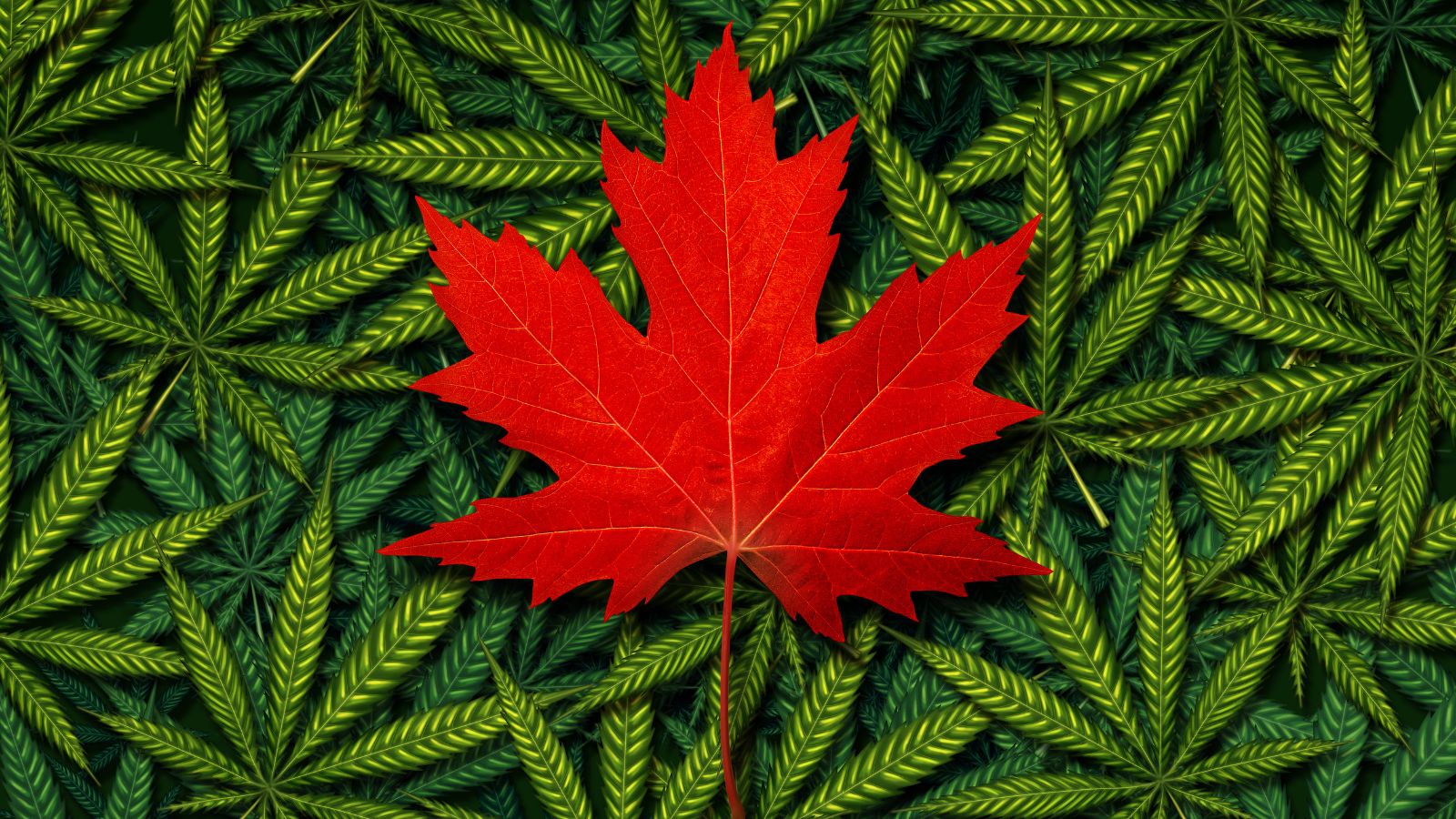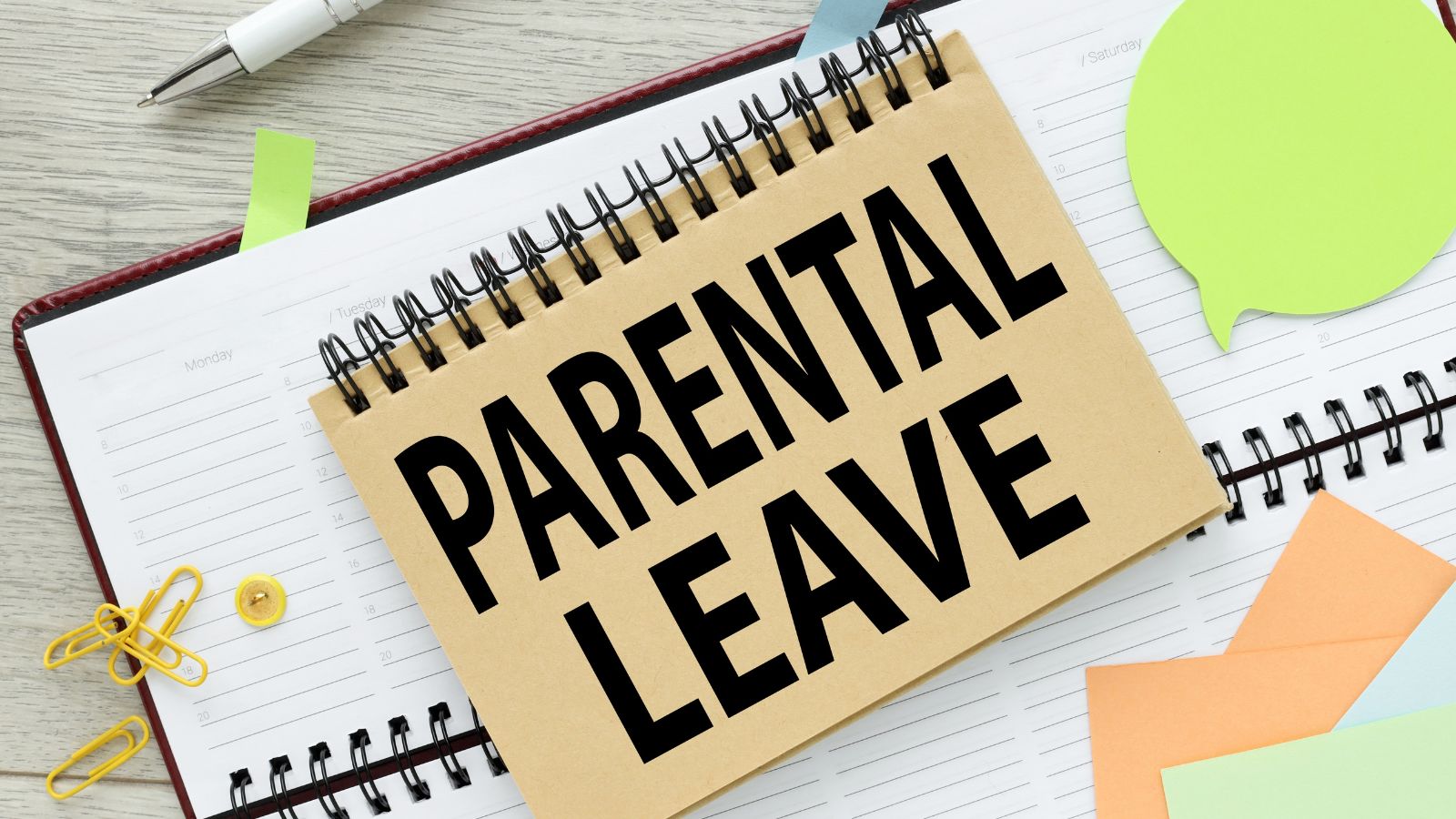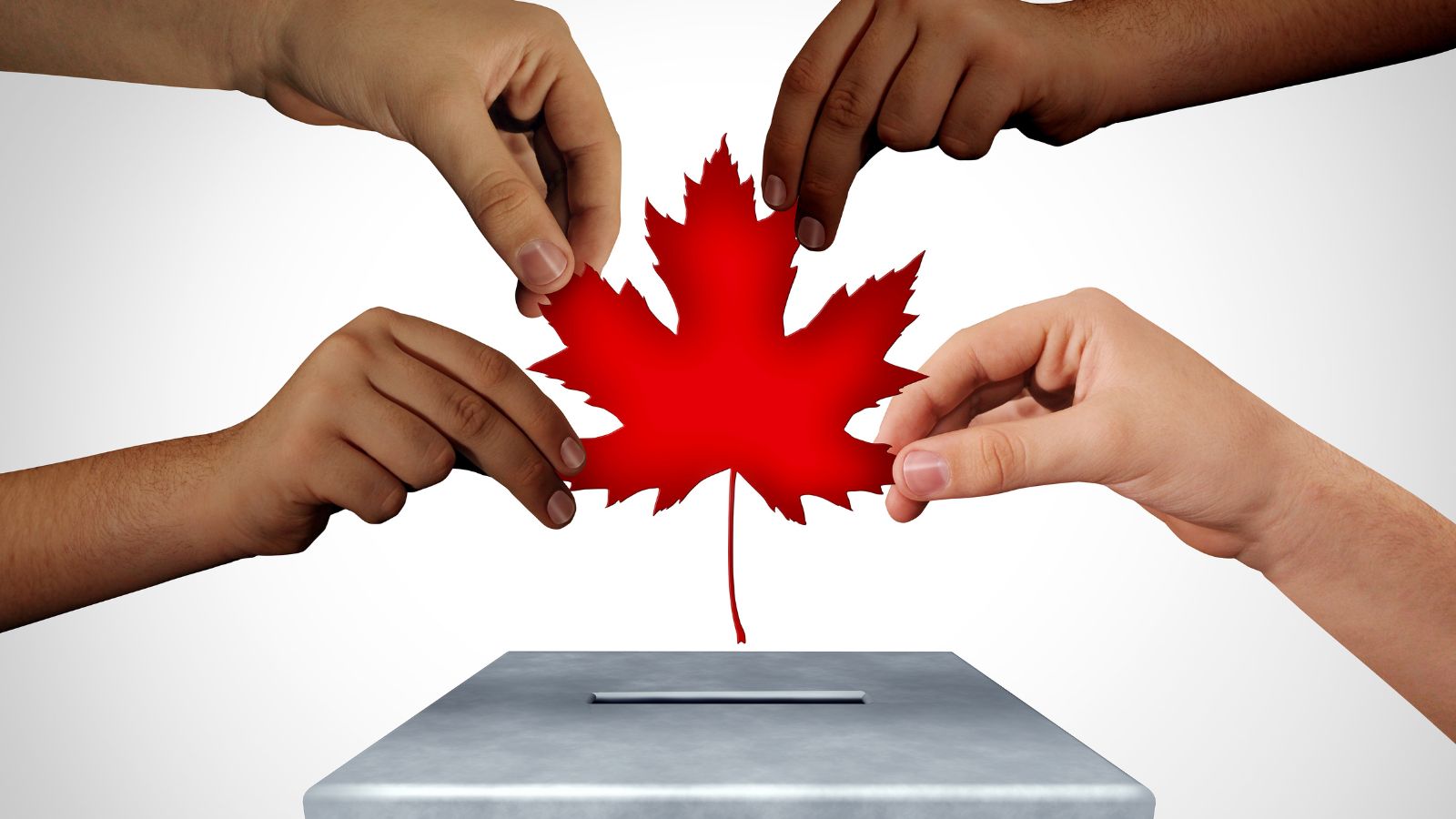Canada and the United States often see themselves as partners, neighbors, and close cultural cousins. But while the U.S. tends to dominate global headlines, Canada has quietly made thoughtful, measured decisions that could have served America well, if only it had paid attention. From healthcare to environmental policies, gun laws to education, Canada has often offered a clear, practical example. Here are 20 times America should have listened to Canada (but didn’t).
Universal Healthcare

Canada’s universal healthcare system has been a model of public service since the 1960s. It ensures all citizens have access to medical care regardless of income, employment status, or pre-existing conditions. In contrast, America’s patchwork of private insurance has left millions uninsured or underinsured. While critics point to wait times in Canada, the overall health outcomes and affordability remain far more equitable than in the U.S., which continues to resist single-payer solutions.
Gun Control Laws

Canada has long enforced strict gun control laws, including mandatory licensing, background checks, and restrictions on handgun ownership. These measures came in response to national tragedies and were widely accepted by the public. Meanwhile, the United States continues to experience devastating levels of gun violence while struggling to implement even modest reforms. If the U.S. had taken a page from Canada’s playbook, it might have avoided some of its most painful mass shooting events.
Climate Agreements and Carbon Pricing

Canada has consistently supported international climate agreements and implemented nationwide carbon pricing. While not perfect, these efforts reflect a serious commitment to combating climate change. The U.S., by contrast, has withdrawn from agreements like the Paris Accord and watered down environmental regulations. Canada’s willingness to put a price on pollution could have inspired real progress if America had followed suit.
Banking Regulation

Canada’s banks weathered the 2008 global financial crisis with surprising stability thanks to conservative regulations and cautious lending practices. While American banks collapsed or needed massive bailouts, Canada’s system remained solid. The U.S. ignored Canada’s regulatory model, instead favoring deregulation that led to risky financial behavior. A more measured Canadian-style approach could have helped prevent widespread economic fallout.
Marijuana Legalization

Canada legalized recreational marijuana at the federal level in 2018, establishing a regulated, taxable market with clear guidelines. The United States remains trapped in a legal quagmire, with state laws clashing with federal prohibition. Canada’s rollout wasn’t flawless, but it demonstrated a willingness to address public demand, reduce criminalization, and boost tax revenue. The U.S. could have benefited from taking a unified, national stance rather than its piecemeal approach.
COVID-19 Public Health Strategy

Though no country handled the COVID-19 pandemic perfectly, Canada leaned heavily on science and nationwide coordination. The U.S. response was plagued by political infighting, inconsistent policies, and misinformation. Canada’s strategy, which included paid sick leave and unified messaging, helped limit the damage in many areas. Had America followed a similar path, it may have avoided some of the highest per-capita death rates in the developed world.
Truth and Reconciliation with Indigenous Peoples

Canada has taken visible steps to acknowledge its historical mistreatment of Indigenous communities through its Truth and Reconciliation Commission. These efforts include formal apologies, land acknowledgments, and educational initiatives. While Canada still has much work to do, its actions far exceed those of the U.S., which has yet to undertake a comparable national process. Recognizing history is the first step to healing, and America missed an opportunity to follow Canada’s lead.
Metric System Adoption

Canada officially adopted the metric system in the 1970s, aligning with most of the world and simplifying scientific, trade, and educational processes. The U.S., meanwhile, clings to inches, pounds, and Fahrenheit, creating constant confusion and errors in international operations. NASA even lost a Mars orbiter due to a metric-imperial mix-up. Canada’s smoother metric transition could have saved the U.S. a great deal of trouble and embarrassment.
National Parental Leave Policies

Canadian parents are entitled to up to 18 months of combined maternity and parental leave, with income support from the government. In the U.S., there is no federal mandate for paid parental leave, and many families return to work within weeks of childbirth. Canada’s system promotes child well-being and family stability. America’s resistance to similar policies puts unnecessary strain on young families.
Affordable Higher Education

Canadian universities are publicly funded and comparatively affordable, with lower tuition fees and manageable student debt. Meanwhile, American students graduate with crushing loan burdens that can last decades. Canada’s model makes education more accessible and equitable. If the U.S. had adopted similar funding priorities, it might not be facing a $1.7 trillion student debt crisis today.
Support for Public Broadcasting

Canada’s CBC provides national news, arts, and cultural programming without heavy commercial influence, supported by government funding. The U.S. underfunds PBS and NPR, leaving them vulnerable to budget cuts and political pressure. Canada’s commitment to public media fosters a more informed, unified citizenry.
Public Transit Infrastructure

Canadian cities like Toronto, Montreal, and Vancouver have steadily invested in light rail, subways, and buses to reduce car dependency. Many American cities have aging or non-existent transit systems, resulting in traffic congestion and urban sprawl. Canada’s approach makes cities more livable and environmentally friendly. U.S. urban planners could benefit from embracing this model.
Peacekeeping and Diplomacy

Canada built a reputation as a global peacekeeper through the United Nations, promoting multilateralism and conflict resolution. While the U.S. often leads with military intervention, Canada leans on diplomacy and humanitarian aid. America’s skepticism of multilateral approaches has cost it international goodwill, with Canada’s example offers a powerful counter-narrative to military dominance.
Plastic Ban Policies

Canada has committed to banning harmful single-use plastics and is moving toward more sustainable packaging alternatives. The U.S. lacks a national plan and relies on inconsistent state-level efforts. Canada’s initiative could have served as a blueprint for nationwide environmental reform. Ignoring this leadership keeps the U.S. out of step with growing global sustainability goals.
Approach to Refugee Resettlement

Canada has earned global praise for its refugee sponsorship program, which allows private citizens to sponsor and help resettle refugees. The U.S. system is more bureaucratic and politically polarized. Canada’s model encourages community involvement and successful integration. America could build a more compassionate and effective refugee policy by taking a similar approach.
National Pharmacare Planning

Canada is steadily working toward a national pharmacare program to reduce medication costs and ensure coverage for all. The U.S. pharmaceutical market, dominated by private insurance and lobbying, results in some of the highest drug prices in the world. Canada’s plan would eliminate this burden for millions. America’s refusal to embrace similar ideas keeps life-saving drugs out of reach for many.
Affordable Housing Strategies

Canada has introduced national housing strategies, including funding for affordable units and support for vulnerable populations. Though challenges remain, the effort to treat housing as a basic right sets a meaningful precedent. The U.S. housing crisis continues to grow amid inaction and market-driven solutions. America could learn from Canada’s focus on coordinated federal intervention.
Net Neutrality Protection

Canada enforces strong net neutrality rules, ensuring equal access to online content without throttling or prioritization by internet providers. The U.S. repealed similar protections in 2017, leading to ongoing debates about corporate control of the internet, putting the public interest first.
National Voting Standards

Canada uses independent election commissions, standardized federal voting rules, and robust oversight to ensure trust in elections. The U.S. suffers from gerrymandering, voter suppression claims, and inconsistent practices across states. Canada’s streamlined approach fosters trust and high turnout. The U.S. could enhance electoral integrity by adopting similar national standards.
Workplace Safety and Labor Protections

Canada offers stronger labor protections, including paid vacation, mandatory breaks, and robust occupational safety laws. American workers, especially in low-wage sectors, face long hours, few protections, and weak enforcement. Canada’s policies help reduce burnout and workplace injuries. If America adopted similar labor practices, worker well-being and productivity would improve nationwide.
21 Products Canadians Should Stockpile Before Tariffs Hit

If trade tensions escalate between Canada and the U.S., everyday essentials can suddenly disappear or skyrocket in price. Products like pantry basics and tech must-haves that depend on are deeply tied to cross-border supply chains and are likely to face various kinds of disruptions
21 Products Canadians Should Stockpile Before Tariffs Hit
